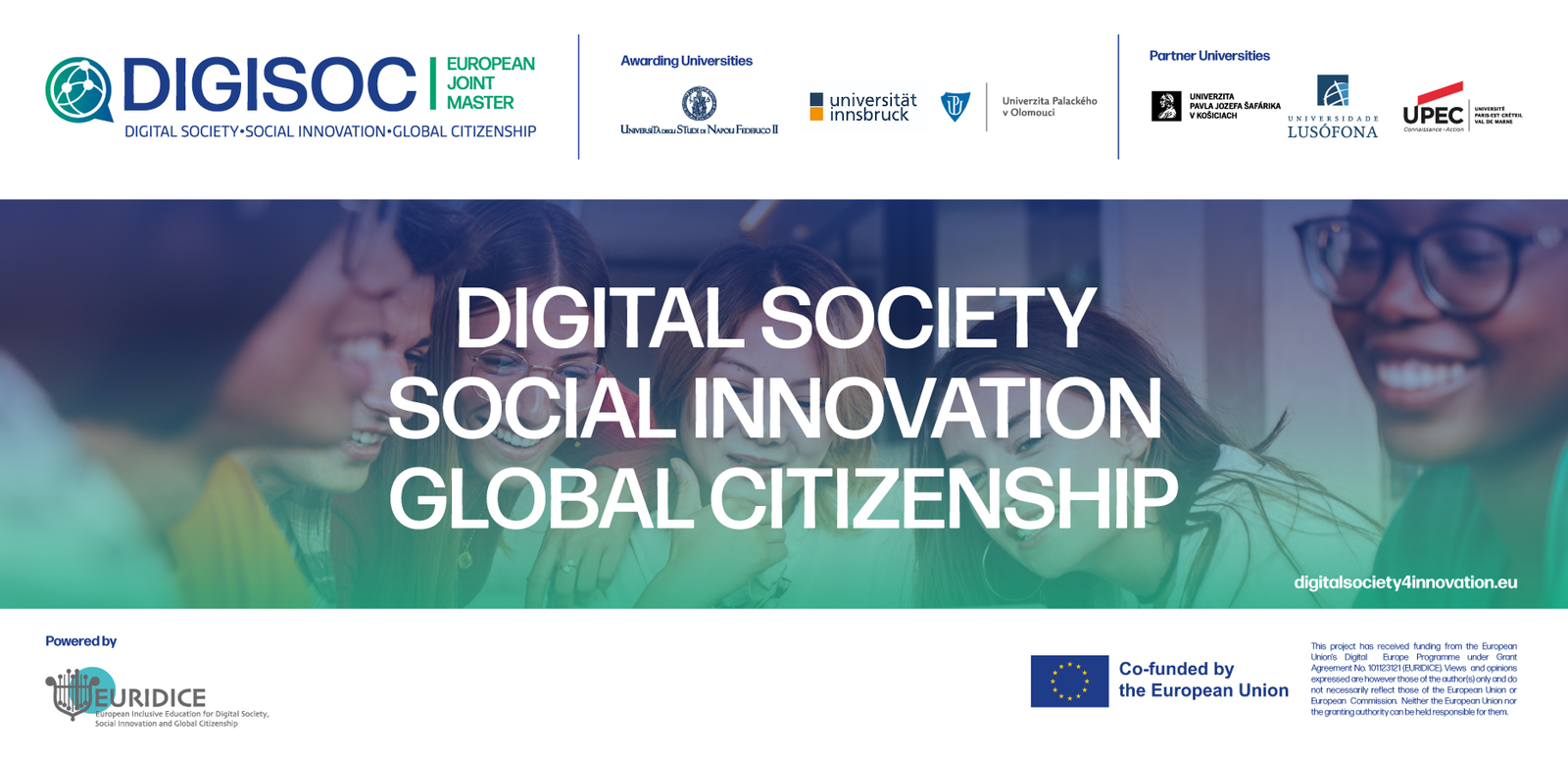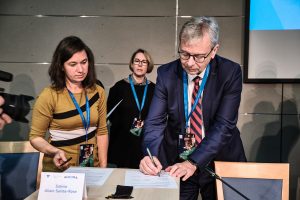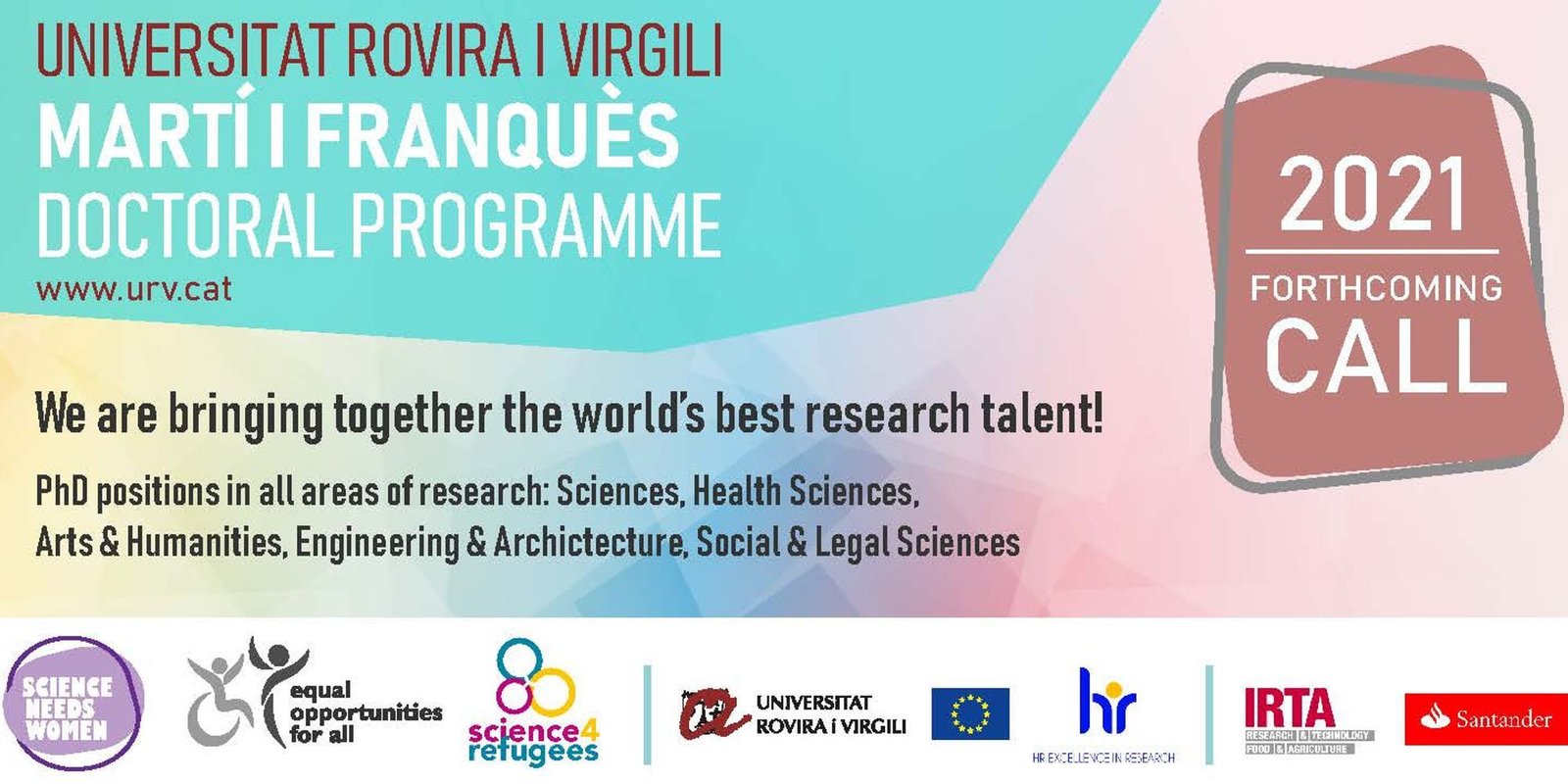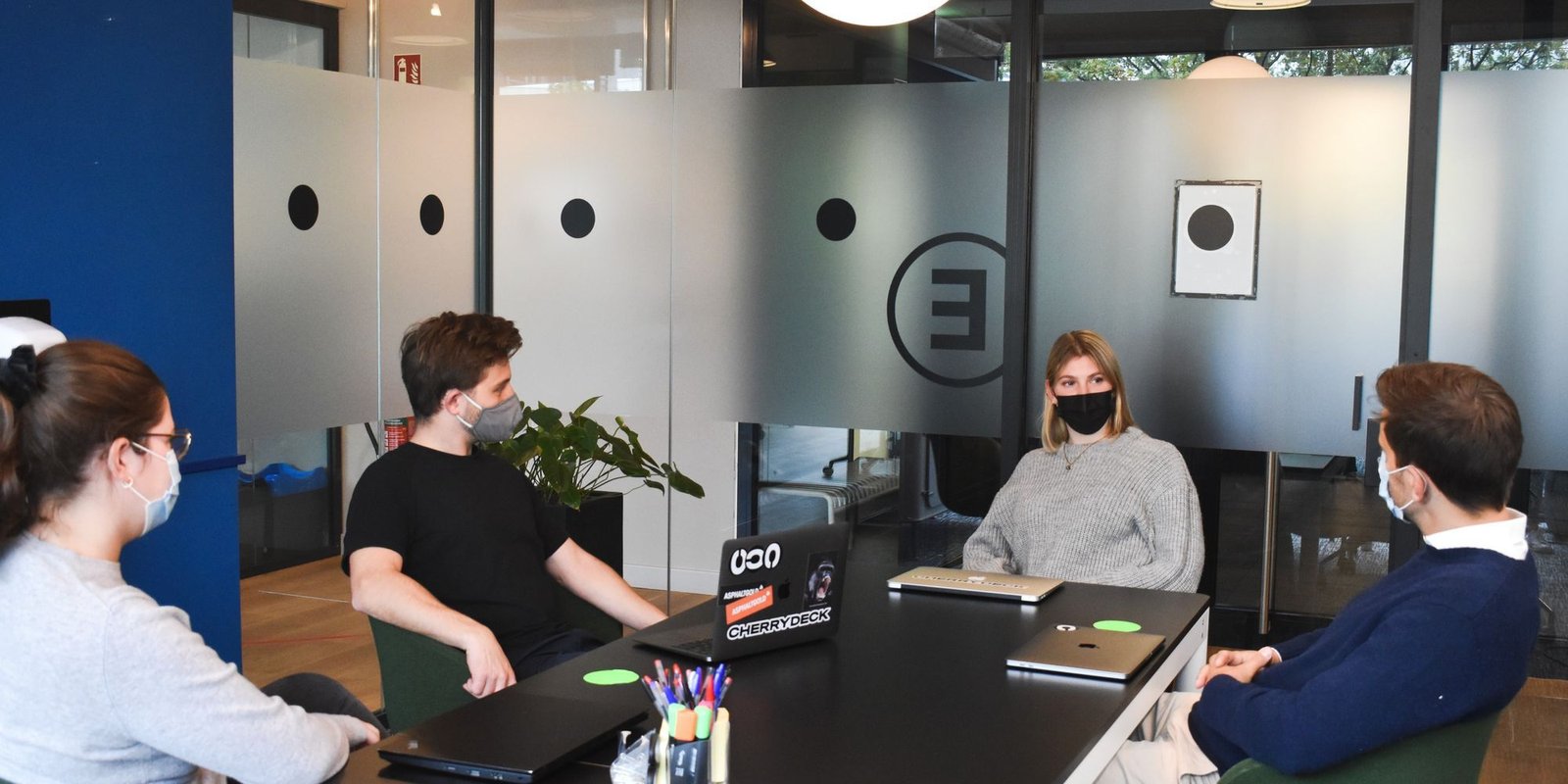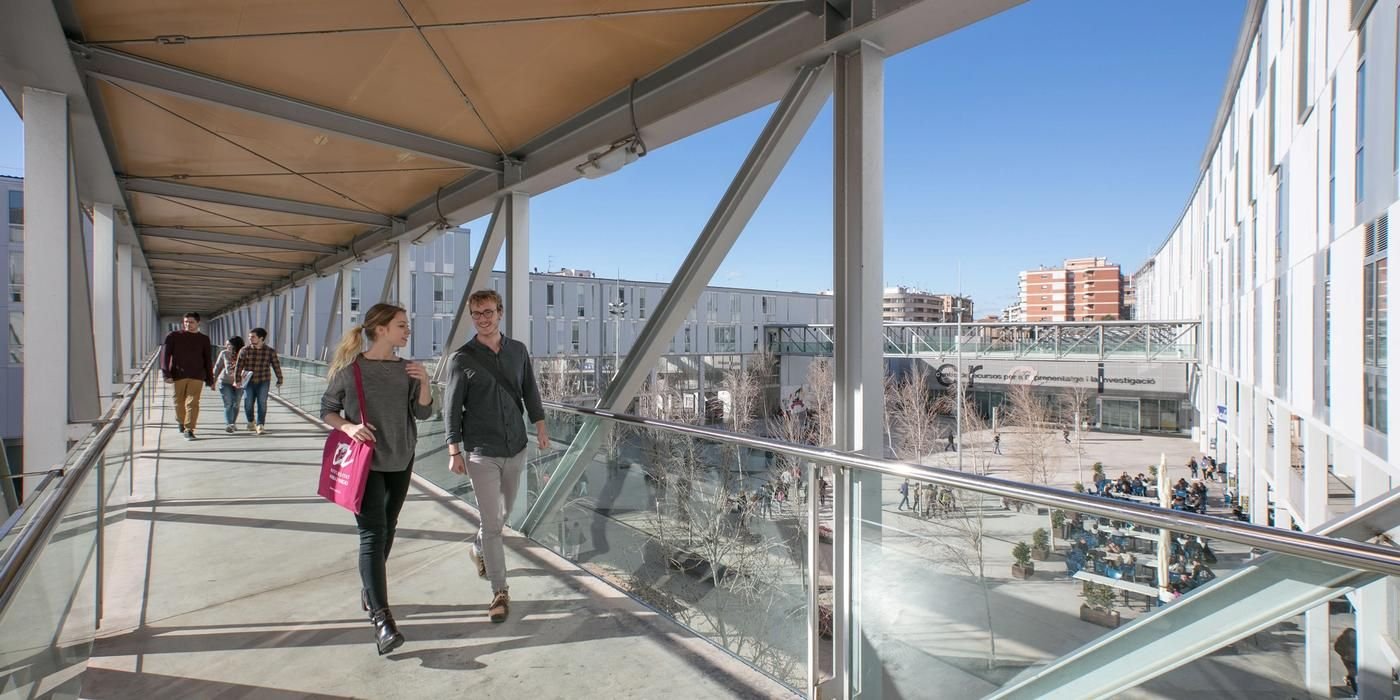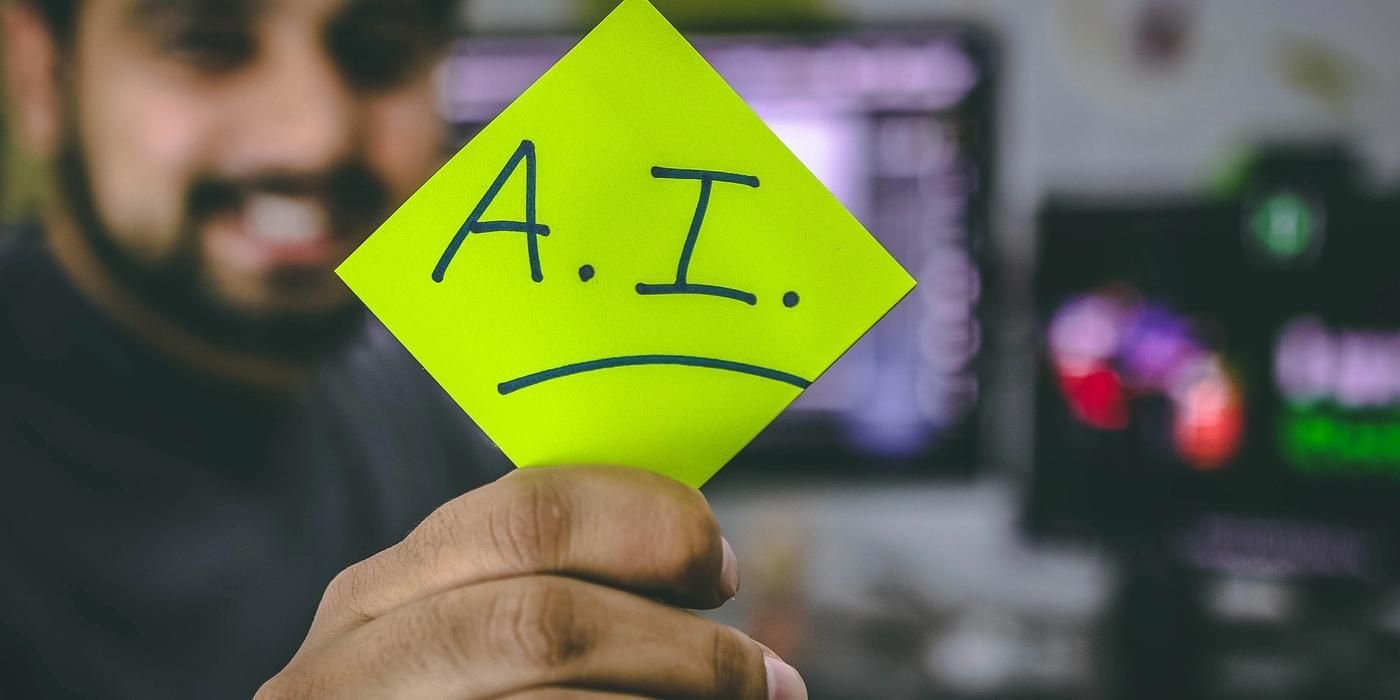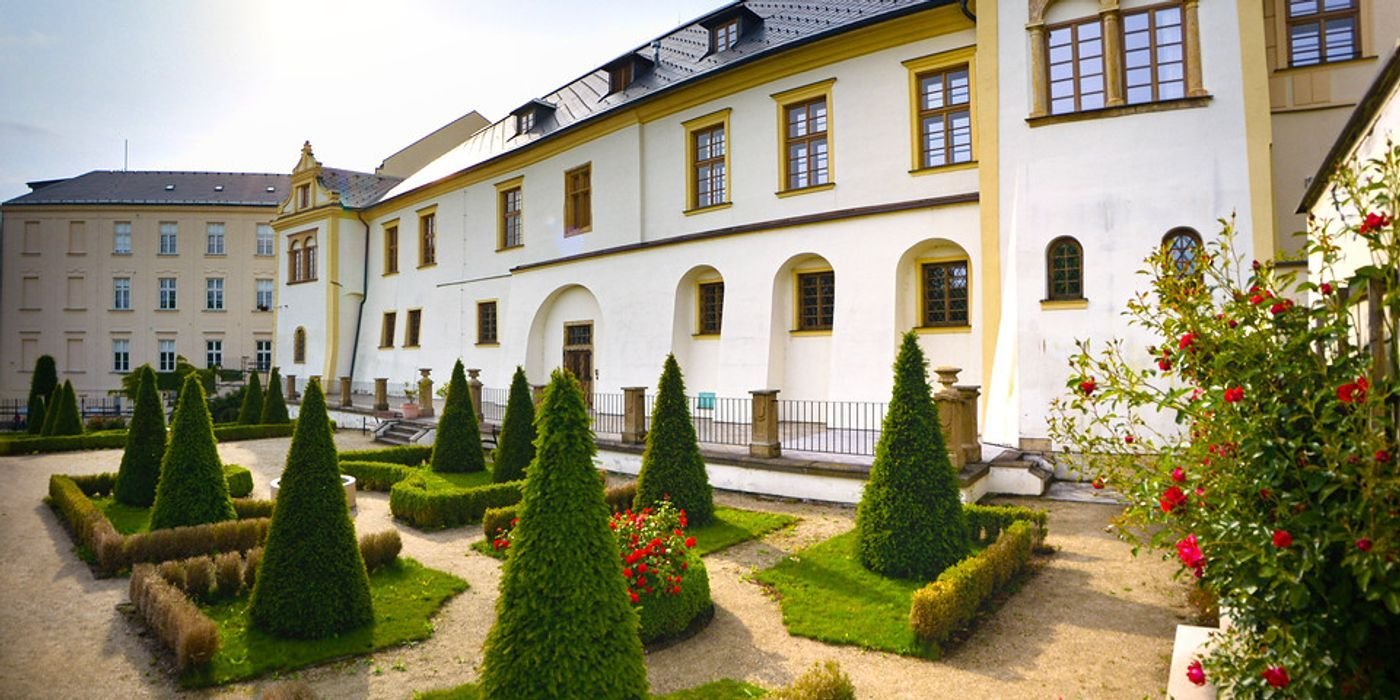Launch of EURIDICE’s European Joint Master DIGISOC – Digital Society, Social Innovation, Global Citizenship
We are excited to announce the new European Joint Master DIGISOC – Digital Society, Social Innovation, Global Citizenship. Offered as part of the EURIDICE Project, DIGISOC is a pioneering study programme born within the European university alliance Aurora. Its graduates will be jointly awarded the Degree in Digital Society, Social Innovation and Global Citizenship from three Aurora universities: Università Federico II of Naples (Italy), Universität Innsbruck (Austria), and Palacký University Olomouc (CzechRepublic).
The programme is designed to train a new generation of highly qualified socio-digital innovators capable of leading and managing digital transformation processes in diverse societal contexts. Students will learn how to develop, prototype, and promote digital solutions that are not only technologically sound but also ethically grounded and socially impactful.
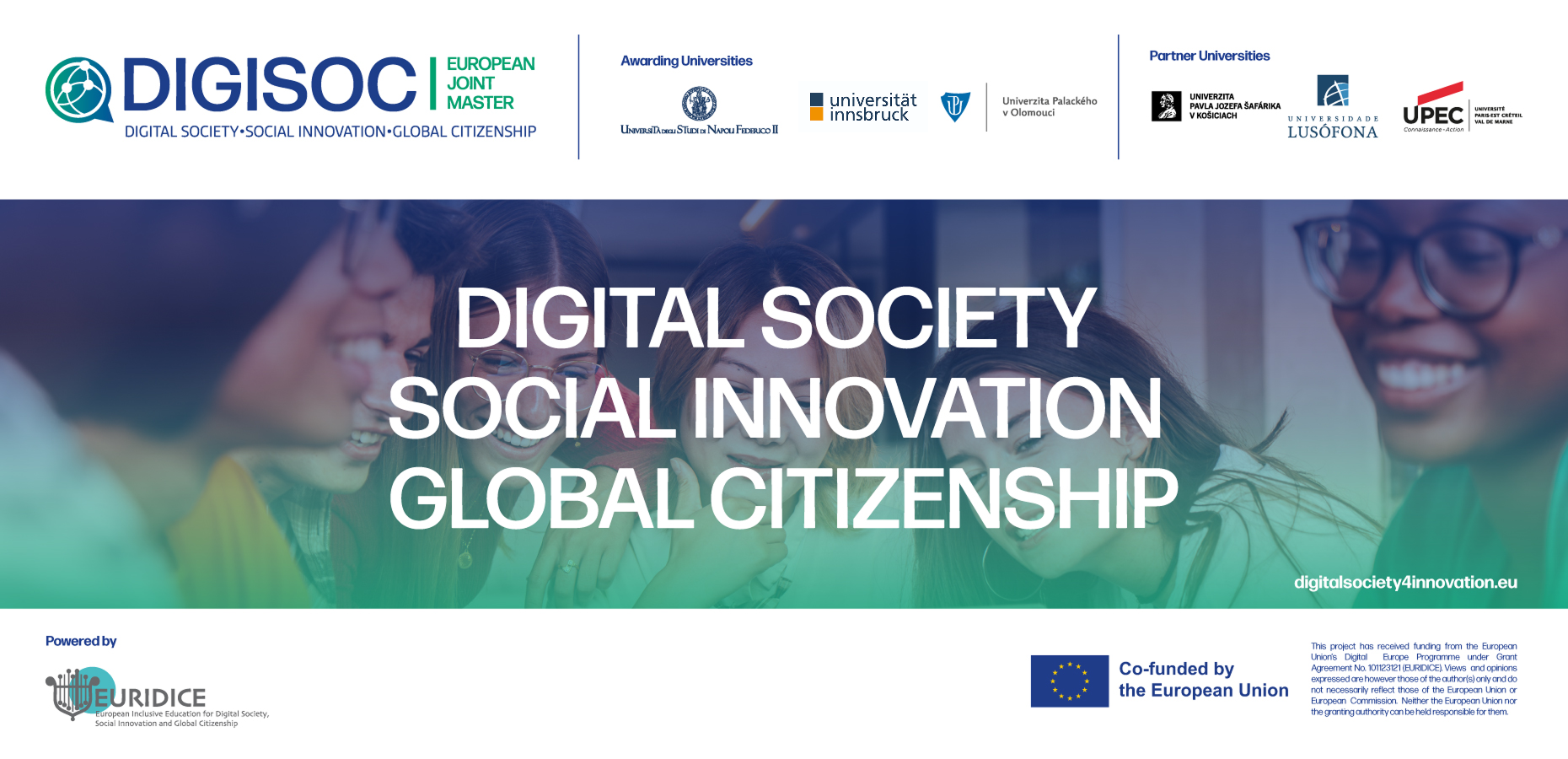
About DIGISOC
The programme consists of 120 ECTS credits, culminating in the writing of a Master’s thesis. It incorporates compulsory and elective modules, short-term mobility phases (Summer Schools), provisions for individual learning paths, Internships and Service Learning, respecting the needs and interests of a diverse European student body. DIGISOC is taught in English and mostly delivered in an hybrid mode.
With DIGISOC, students benefit from:
- an excellence-oriented, research-based and highly interdisciplinary teaching program
- a diverse learning environment, innovative teaching methods, and international mobility
- a joint transnational education, resulting in a joint degree and joint micro-credentials (for all learning activities, including the elective courses attended at Associated Universities)
- a hybrid, seamless, collaborative and challenge-based educational environment
- Interdisciplinary Education
A unique feature of DIGISOC is its Collaboratorium for Blended International Hybrid Learning, a new educational concept which combines onsite in-person interaction and collaboration, scaling possibilities of online teaching and student collaboration.
DIGISOC Application Process
The DIGISOC Call for Application is open until 20 June 2025.
Candidates have to fill and send in relevant information through the DIGISOC Application Form. For study year 2025-2026, there will be a maximum of 90 students admitted to DIGISOC, evenly divided over the three universities (30 students per university).
Read the important details to know about the Call for Application.
For more information, go to: Joint Master DIGISOC.
For any queries, contact: euridice@unina.it
